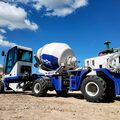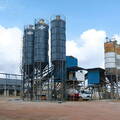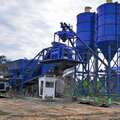In the construction industry, the demand for high-quality concrete is ever-increasing, and meeting this demand requires the best equipment and technology available. One of the most essential pieces of equipment in concrete production is the concrete batching plant. These plants are responsible for efficiently mixing and producing concrete that meets specific quality standards for a wide range of construction projects.
As the construction industry evolves, so do the manufacturers of concrete batching plants. Today’s manufacturers are integrating cutting-edge technology, automation, and innovative design to meet the growing needs of their customers. This article explores the latest advancements from concrete batching plant manufacturers and how their cutting-edge technology and services are transforming the industry.
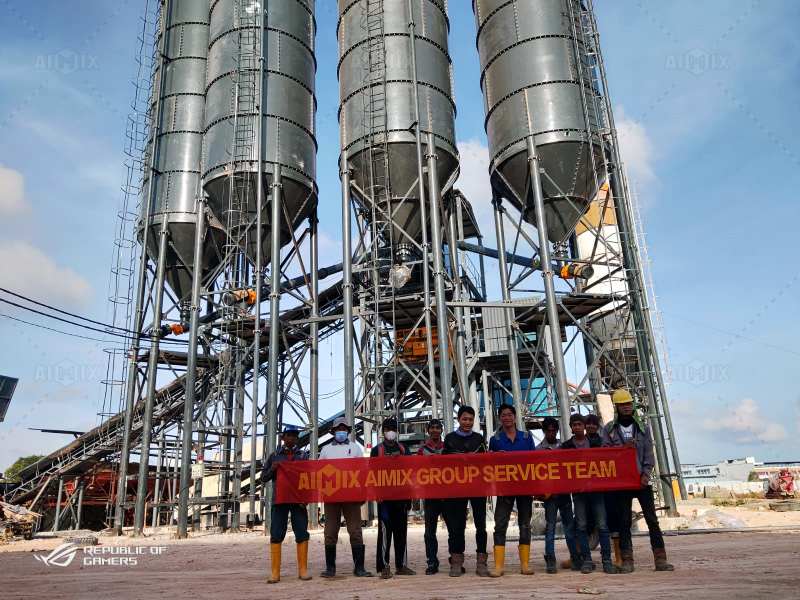
The Role of Concrete Batching Plants in Modern Construction
Concrete batching plants are crucial for producing high-quality concrete in large quantities. These plants combine raw materials like cement, water, aggregates (sand, gravel, or crushed stone), and additives into a precise mixture. With the growing scale and complexity of construction projects—ranging from skyscrapers and bridges to roads and residential buildings—there is a higher demand for more efficient and reliable concrete production.
The effectiveness of a concrete batching plant depends on various factors, including design, capacity, mixing efficiency, and how well the plant can adapt to different project requirements. This is where advanced technology and improved services from manufacturers come into play.
Cutting-Edge Technology in Concrete Batching Plants
Concrete batching plants are no longer simple mixing stations. Modern manufacturers are incorporating a variety of technologies to enhance their performance, including:
1. Automation and Control Systems
Automation has revolutionized the operation of concrete batching plants. Today, most plants come equipped with sophisticated control systems that allow for precise control of the batching process. Through automated processes, operators can input exact quantities for different materials, reducing the risk of human error and ensuring consistency in each batch of concrete.
Advanced systems allow remote monitoring, meaning plant operators can control and adjust the mix in real-time without being physically present. These systems also record data for quality assurance, providing valuable insights into the production process.
2. Computerized Batching and Measurement
Concrete batching plants now come with computerized systems that can handle precise measurements and batch calculations. These systems ensure the correct proportions of ingredients, which is critical to producing high-strength concrete with specific properties. This level of precision is particularly valuable in projects that require strict adherence to mix designs or local building codes.
3. Mobile and Compact Plants
For projects that require mobility or are in areas with limited space, compact and mobile concrete plants have gained popularity. These plants are designed to be easily transportable and set up quickly at job sites, offering flexibility for projects that move from one location to another. Manufacturers are continuously innovating to make these plants more efficient, compact, and capable of producing high volumes of concrete in less time.
4. Energy-Efficient Solutions
With sustainability becoming an increasing focus in construction, concrete batching plant manufacturers are also integrating energy-efficient technologies. These include systems that reduce electricity consumption, as well as features that minimize waste and improve material handling. For instance, some plants use recycling systems to reuse water and aggregates, reducing operational costs and environmental impact.
5. Advanced Mixing Technology
Modern concrete plants are equipped with advanced mixing systems that improve both the quality and speed of the concrete mixing process. High-efficiency mixers ensure thorough and uniform mixing, reducing the likelihood of defects in the concrete. These innovations also allow for higher production speeds, meaning projects can meet deadlines more effectively.
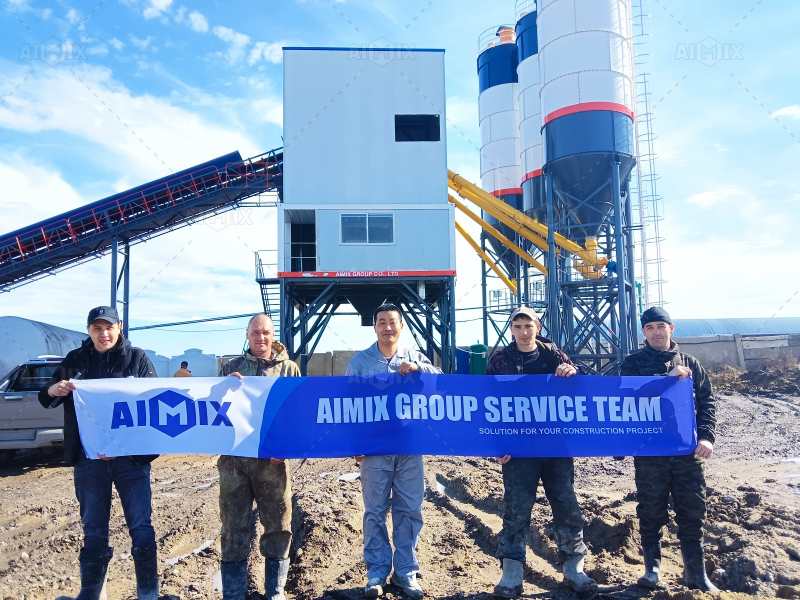
Service and Support from Leading Manufacturers
Cutting-edge technology is only part of the equation. The best concrete batching plant manufacturers also offer comprehensive services that ensure the equipment continues to perform at its best throughout its lifespan. These services include:
1. Installation and Commissioning
Reliable manufacturers provide end-to-end solutions, including plant installation and commissioning. This ensures that the plant is set up correctly, meeting all operational standards and local regulations.
2. Operator Training
Efficient use of advanced batching plants requires skilled operators. Manufacturers offer operator training programs to ensure that staff can fully understand and operate the complex systems within the plant. Proper training minimizes mistakes and improves productivity.
3. Maintenance and Spare Parts
To maintain the longevity and performance of the plant, regular maintenance is essential. Leading manufacturers provide ongoing maintenance services, including routine checks, repairs, and access to spare parts. This helps reduce downtime and extend the service life of the equipment.
4. Customization and After-Sales Support
Every construction project has unique requirements, and manufacturers that offer customization options ensure that their plants meet specific project needs. Whether it’s a custom mix design or specialized features, leading manufacturers work with customers to tailor the plant to their exact specifications. Additionally, responsive after-sales support ensures that customers have the assistance they need whenever issues arise.
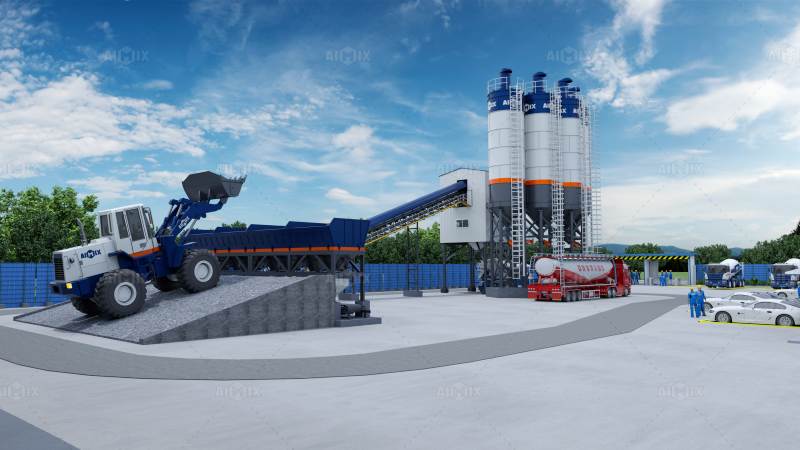
Conclusion
The concrete batching plant industry has witnessed significant advances in both technology and service, driven by manufacturers’ commitment to providing more efficient, precise, and sustainable solutions. By integrating automation, computerized control systems, energy-efficient solutions, and advanced mixing technologies, manufacturers are making it easier for businesses to produce high-quality concrete at a faster pace and lower cost.
In addition, exceptional after-sales service, installation support, and operator training ensure that plants continue to run efficiently throughout their lifespan. When choosing a concrete batching plant manufacturer, it’s essential to consider not only the technological capabilities but also the quality of service and support they offer. With the right plant and manufacturer partnership, construction companies can boost productivity, maintain quality, and stay competitive in today’s fast-moving construction industry.

